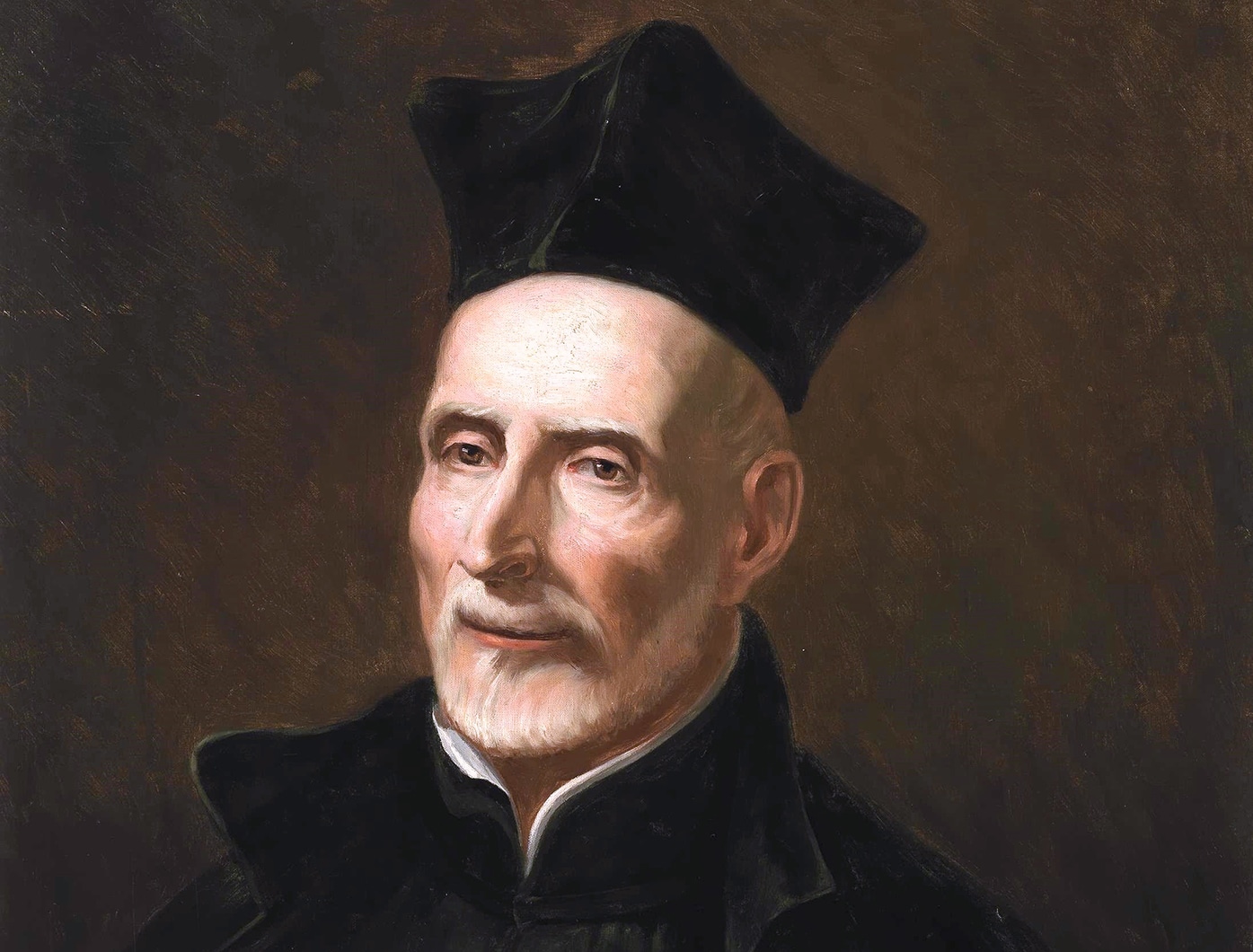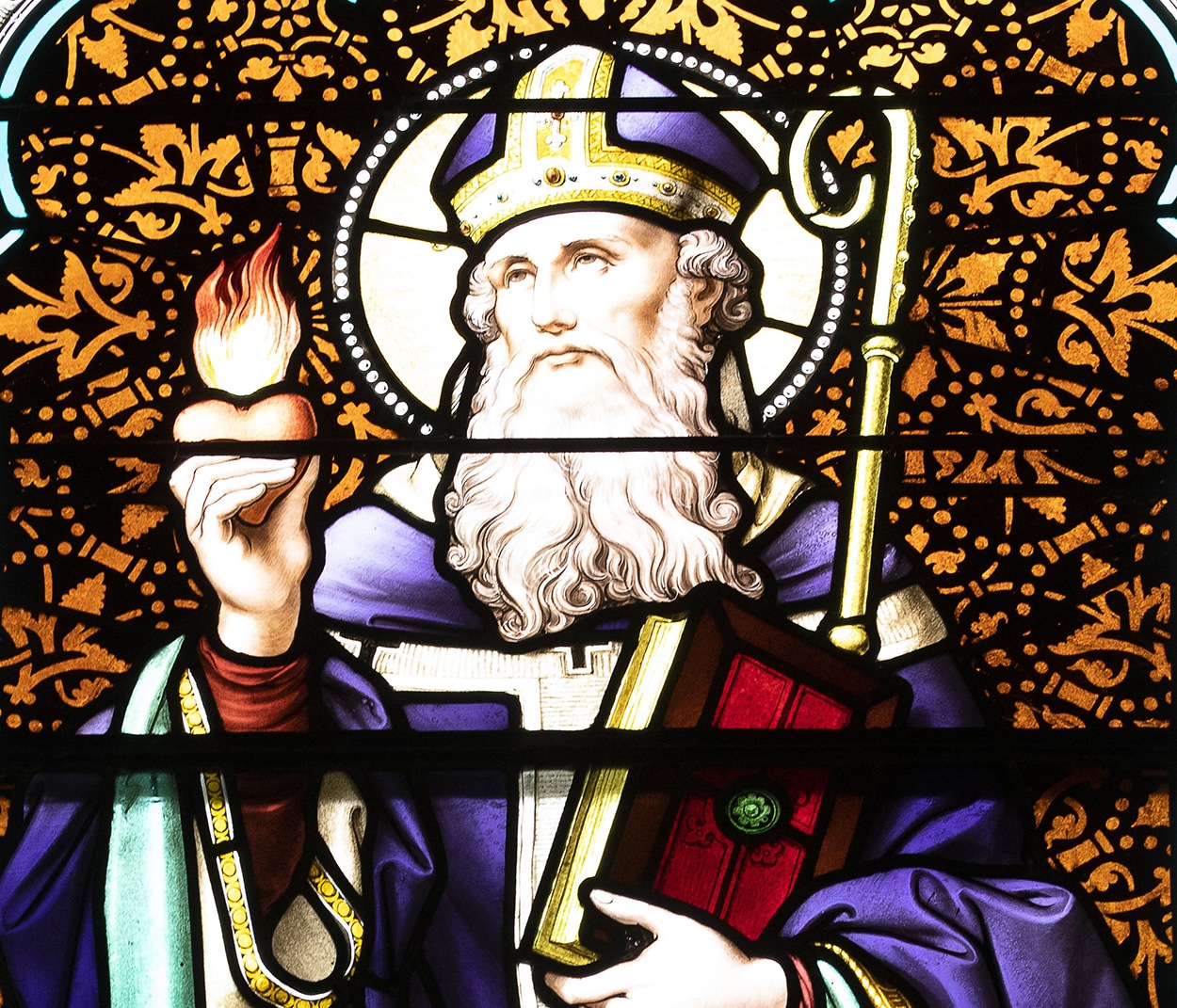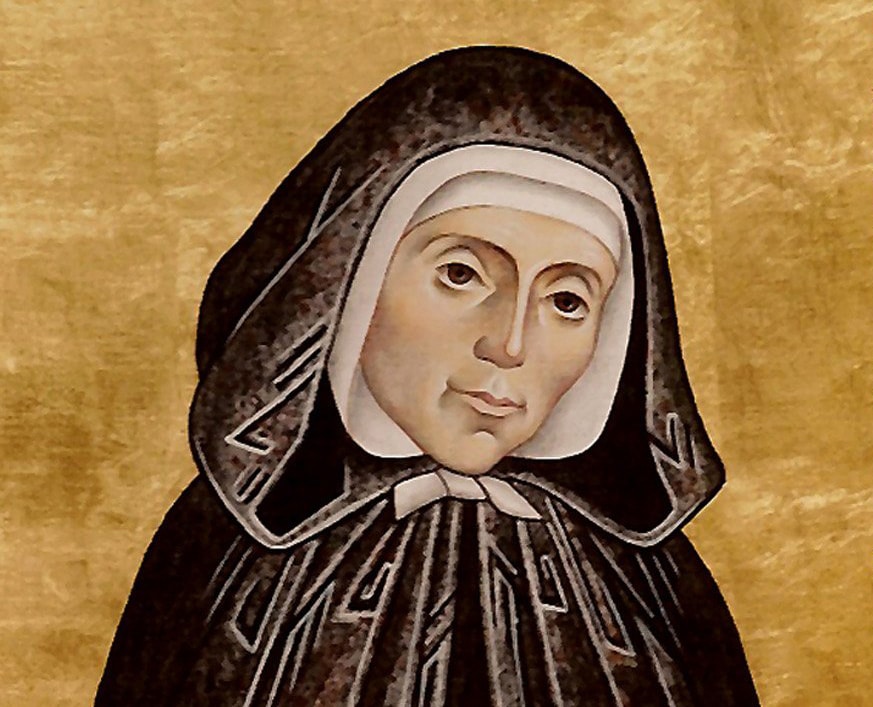St. Joseph Calasanz, Priest
Feast day: August 25
A Spanish priest born in 1557, St. Joseph Calasanz (Calasanctius) worked as a theologian in Rome where he heard a call within a call to start schools for homeless children. From his work with the poor began the roots of the religious order he founded, the Pauline Congregation of Clerics Regular Poor of the Mother of God of the Pious Schools (the Piarists).
Proclaiming the right to education of all children, St. Joseph Calasanz was a well-educated man from a wealthy family, whose schools for the underprivileged caused others to become envious and object to his accepting minority students, to include Jewish children. He also broke through societal norms by befriending the scientist Galileo Galilei, whose view of the cosmos he defended even after Galileo was condemned. For these moral choices, St. Joseph Calasanz became a victim of calumny within his own order — a trial he endured with patience and humility. After his death, Pope Alexander VII cleared his name, and the Piarists continue their work worldwide today, to include educating the physically and mentally disabled.
Highly educated in philosophy, law and theology, St. Joseph Calasanz at first considered his father’s advice to marry but decided to become a priest after recovering from an illness that brought him close to death. Gradually, St. Joseph Calasanz believed he was called to educate the urban poor. In Rome, he nursed the sick and the dying during the plague of 1595. But he was most interested in helping the homeless and neglected get out of their state of ignorance and degradation.
With the assistance of just three other priests, St. Joseph Calasanz started a free school by using two rooms offered by a parish pastor. Although Latin was the preferred language of education at the time, he allowed classes to be taught in vernacular languages. His efforts grew fast from 100 pupils to 700, and the school moved to larger quarters. With papal help and protection, an institute was founded with Calasanz as superior, and with the help of numerous priests, a school of 1,200 pupils was housed in a palace near the church of St. Pantaleon. Known as the Pious Schools, other schools were soon opened, and the foundation for the Piarists as a religious order was established.
Then, with such success, St. Joseph Calasanz started to become the object of envy by many. Wealthy Romans felt threatened at seeing the underprivileged learn about self-improvement. The biggest cross for Calasanz was when members of his own order tried to convince the pope of his wrongdoing for which St. Joseph Calasanz was arrested and stood trial. As a result, his order was stopped and its members were put in regular diocesan orders. Yet, St. Joseph Calasanz remained hopeful and even protected his persecutors from the angry comments of others. Eight years after his death, his name was cleared as was that of the Pious Schools. Twenty years after his death, Pope Clement IX completely restored the order of the Piarists.
Today the Piarists have approximately 1,300 members in 32 countries on four continents. They care for the most underprivileged youth and were particularly necessary in educating the poor when the Jesuits were suppressed in 1773. Among those taught in Piarist schools are the following famous pupils: Francisco Goya, Wolfgang Amadeus Mozart, Franz Schubert, Gregor Mendel and Victor Hugo.
Reflection
Dear Lord, may I love the poor like St. Joseph Calasanz, so much so that I strive to make a difference in the lives of the disadvantaged. May I never be discouraged by the jealousy of others, but keep my eyes focused on what you want of me.
Prayer
O God, who adorned the Priest St. Joseph Calasanz
with such charity and patience
that he labored tirelessly
to educate children and endow them with every virtue,
grant, we pray, that we, who venerate him as a teacher of wisdom,
may constantly imitate him,
for he was a co-worker of your truth.
Through our Lord Jesus Christ, your Son,
who lives and reigns with you in the unity of the Holy Spirit,
God, for ever and ever.







